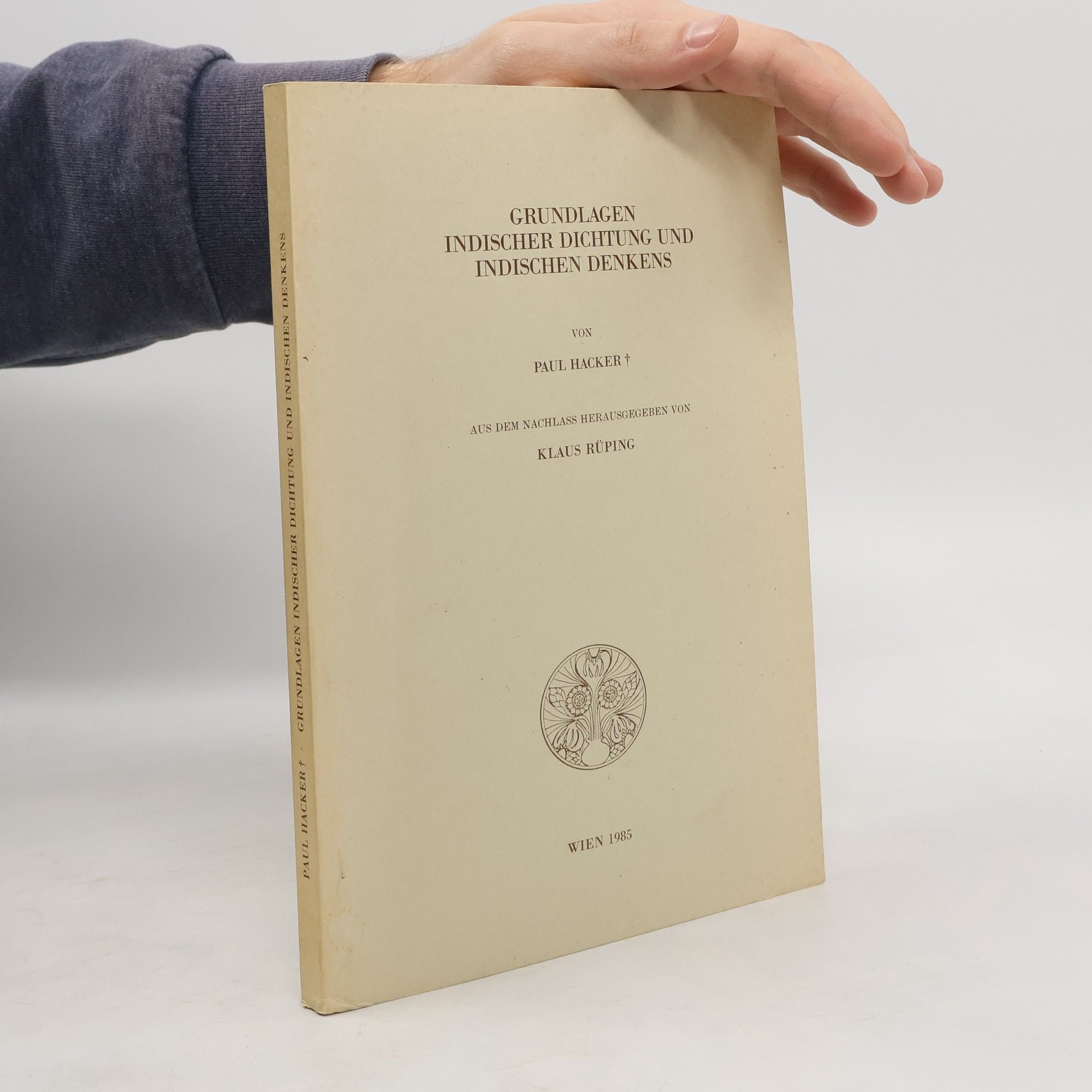The Moral Powers
- 456 pages
- 16 hours of reading
A milestone in the study of value in human life and thought, written by one of the world’s preeminent living philosophers The Moral Powers: A Study of Human Nature is a philosophical investigation of the moral potentialities and sensibilities of human beings, of the meaning of human life, and of the place of death in life. It is an essay in philosophical anthropology: the study of the conceptual framework in terms of which we think about, speak about, and investigate homo sapiens as a social and cultural animal. This volume examines the diversity of values in human life and the place of moral value within the varieties of values. Its subject is the nature of good and evil and our propensity to virtue and vice. Acting as the culmination of five decades of reflection on the philosophy of mind, epistemology, ethics, and human nature, this volume: Concludes Hacker’s acclaimed Human Nature tetralogy: Human Nature: The Categorial Framework, The Intellectual Powers: A Study of Human Nature, and The Passions: A Study of Human Nature Discusses traditional ideas about ethical value and addresses misconceptions held by philosophers, psychologists, and cognitive neuroscientists The Moral Powers: A Study of Human Nature is required reading philosophers of mind, ethicists, psychologists, cognitive neuroscientists, and any general reader wanting to understand the nature of value and the place of ethics in human lives.




